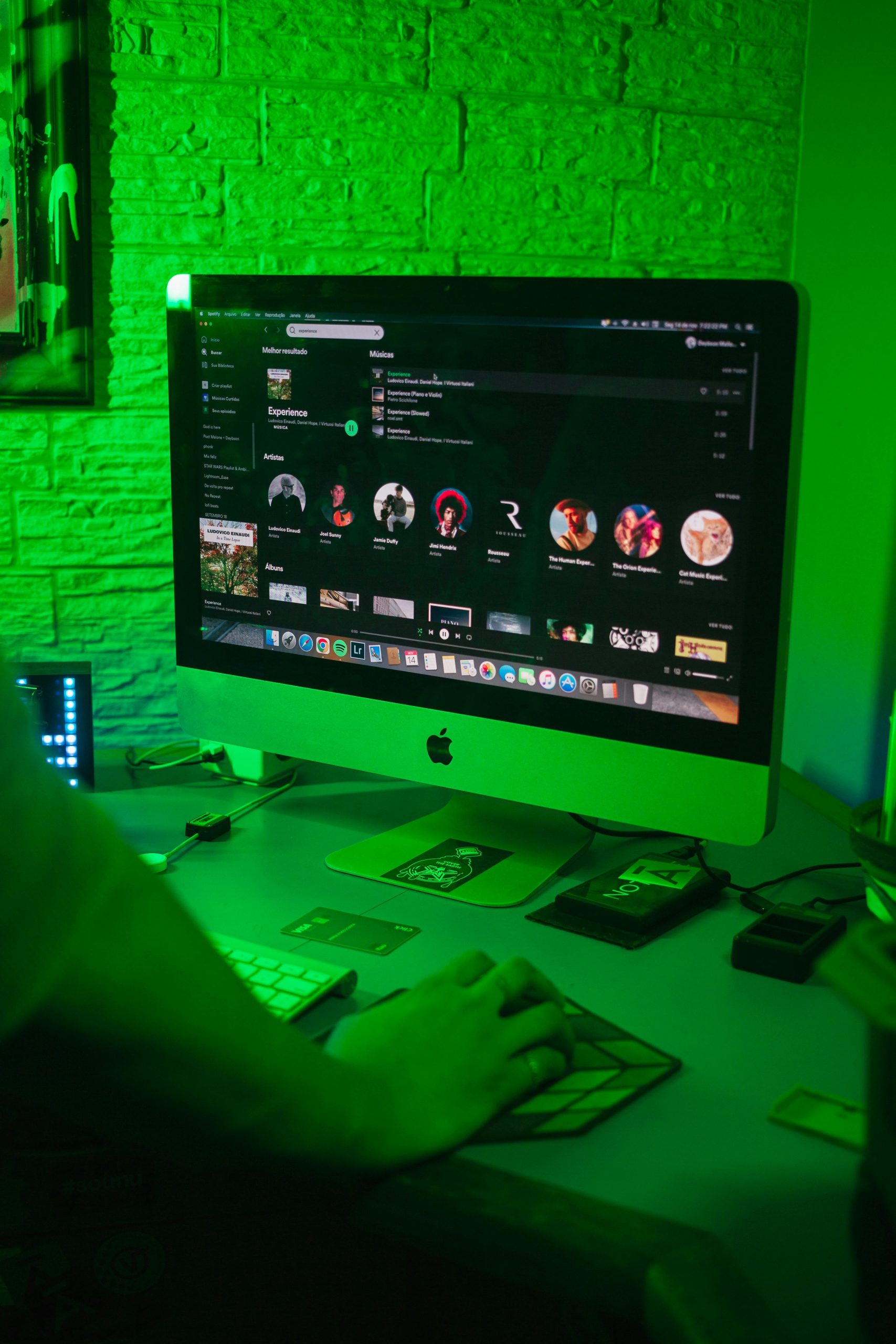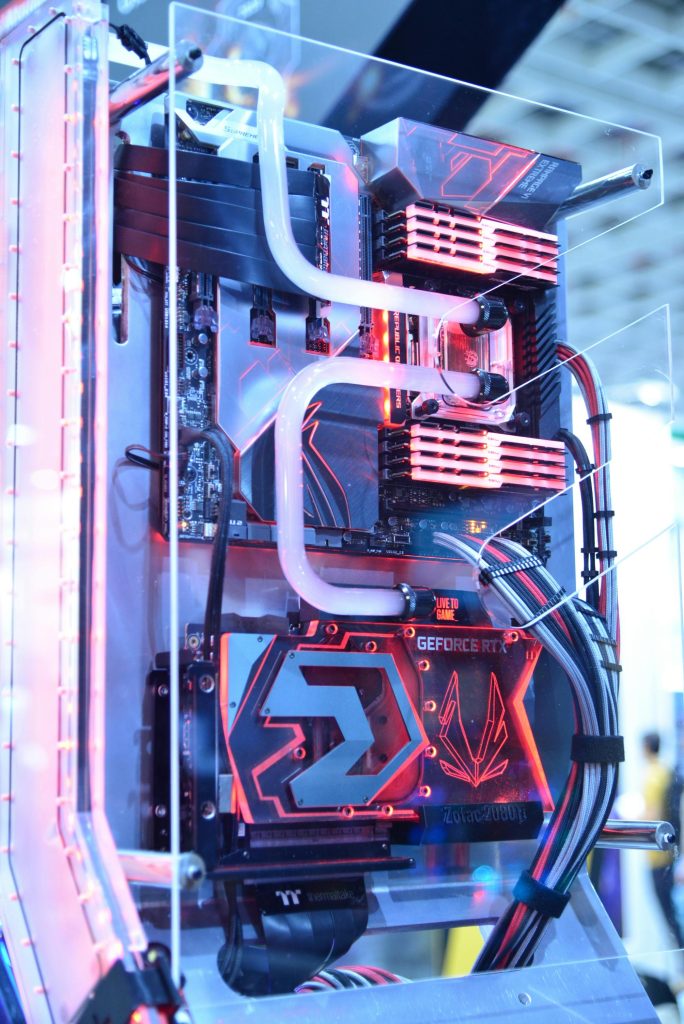The Importance of Server Maintenance: A Cautionary Tale
Today, we faced a challenging situation when one of our customer’s servers unexpectedly failed, leaving behind a wealth of crucial data that may now be irretrievable. For the past three years, we had been actively advising them about the risks associated with outdated hardware, and unfortunately, that advice has now clearly come back to haunt us.
The failure stemmed from two hard drives that had likely been struggling for years; their performance visibly deteriorated. So dim were the server LEDs that I initially thought they were simply burnt out, and the hard drive error indicators showed no signs of life.
In our effort to recover the data, we attempted to reconstruct the RAID 10 array, but the remaining drive was too compromised to salvage anything meaningful. The last backup, unfortunately, was made just two days prior, but it seems that it might be corrupted as well.
This server was running on Windows Server 2008, which means we are now faced with the task of setting up a new Active Directory and migrating all associated computers to the new system—a significant and costly endeavor for our client.
Looking back, one has to question whether it was worth it for the customer to use a server that has outlasted the average lifespan by three times—resulting in lost weeks of productivity while we prepare a new server in our workshop for installation on-site.
The takeaway from this scenario is clear: investing in your company’s main server is crucial. Cutting corners to save on expenses can lead to much larger costs down the line, especially when it involves critical business data.
On a lighter note, I must mention that this particular server was perhaps the dirtiest I have ever encountered. One has to wonder if someone had been smoking in the server room! This experience serves as a reminder that proper maintenance and cleanliness play pivotal roles in ensuring the longevity of technology we rely on.
In summary, prioritize your server’s health, invest wisely, and maintain it regularly to avoid such scenarios in the future.
Share this content:



